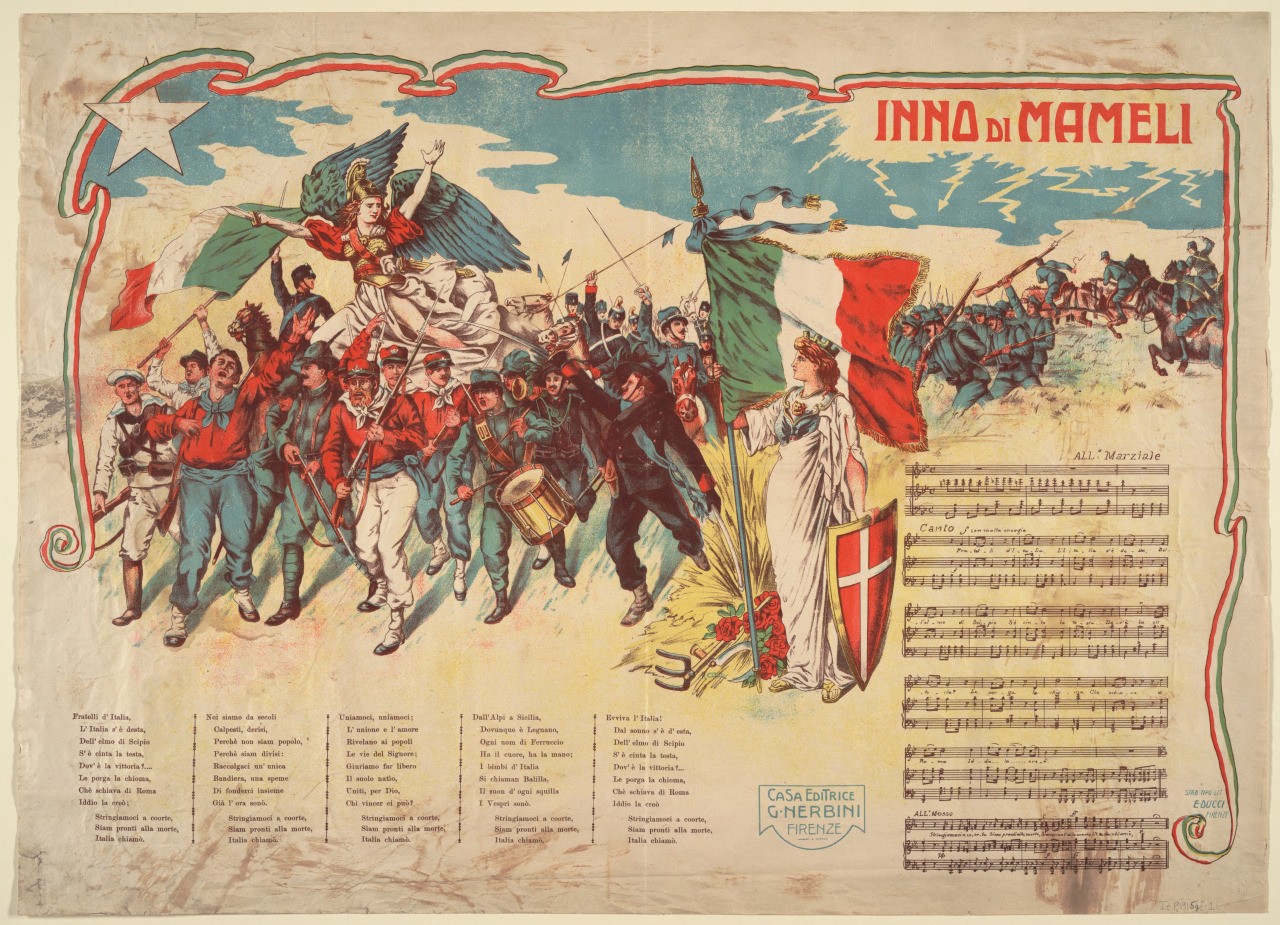i am working on translating a birth record from 1898 in Amantea. The person (woman) who appeared with the child was 50 years old, occupation was listed as "donna di casa" or woman of house. Would this mean housekeeper or housewife?
Thanks
Debbie
Occupation on birth record
Hi Debbie"donna di casa" means woman who cleans up its house, that is ago the wife, the mother, and carries out all the tasks of these two roles..woman that hard work for its family, but that does not receive compensation, why does not have a boss job, but only the husband and childrens...currently "donna di casa" are " casalinga"... regards, suanj
Birth record
Suanj, thank you for the answer.
Peter, sorry, I wasn't trying to make a mountain out of a mole hill.
This birth record is different from all the others I have worked with. I believe it is my grandmother, who was adopted, and entered the USA with her foster mother according to the passenger manifest. I wanted an understanding of who presented this child. The "story" of grandma's birth is her mother was a young, unmarried woman, whose mother was a housekeeper for the man who was the father of the child. I am not planning on trying to trace her biological parents, was just looking for confirmation or any true facts relating to her birth.
After the place of birth and the house number it reads:
da una donna di non consenta d' essere nominata.
from one woman of not agree/consent to be (from nominare, to name)
The woman has no knowledge of the name? Meaning she is registering the birth, but claiming to have no knowledge of the child's parents?
Then the sentence that begins e' nato .. was born a baby of the female sex, that they present to me and give the name of "Maria Teresa il cognome Quirino" I haven't seen any records that show the childs name with surname (cognome) like this. From what I read, foundlings were given names by the parish priest or other official. I think that is what this is indicating that she was given a cognome that they selected for her, rather than one based on parentage.
The next parapgrah is the witnesses, ages, occupations. No midwife listed. I am still working on the handwritten paragraph at the end.
Thank you for your understanding. I am trying to learn this. I have also gotten a book on Italian grammer and Italian Verbs.
Debbie
Peter, sorry, I wasn't trying to make a mountain out of a mole hill.
This birth record is different from all the others I have worked with. I believe it is my grandmother, who was adopted, and entered the USA with her foster mother according to the passenger manifest. I wanted an understanding of who presented this child. The "story" of grandma's birth is her mother was a young, unmarried woman, whose mother was a housekeeper for the man who was the father of the child. I am not planning on trying to trace her biological parents, was just looking for confirmation or any true facts relating to her birth.
After the place of birth and the house number it reads:
da una donna di non consenta d' essere nominata.
from one woman of not agree/consent to be (from nominare, to name)
The woman has no knowledge of the name? Meaning she is registering the birth, but claiming to have no knowledge of the child's parents?
Then the sentence that begins e' nato .. was born a baby of the female sex, that they present to me and give the name of "Maria Teresa il cognome Quirino" I haven't seen any records that show the childs name with surname (cognome) like this. From what I read, foundlings were given names by the parish priest or other official. I think that is what this is indicating that she was given a cognome that they selected for her, rather than one based on parentage.
The next parapgrah is the witnesses, ages, occupations. No midwife listed. I am still working on the handwritten paragraph at the end.
Thank you for your understanding. I am trying to learn this. I have also gotten a book on Italian grammer and Italian Verbs.
Debbie




